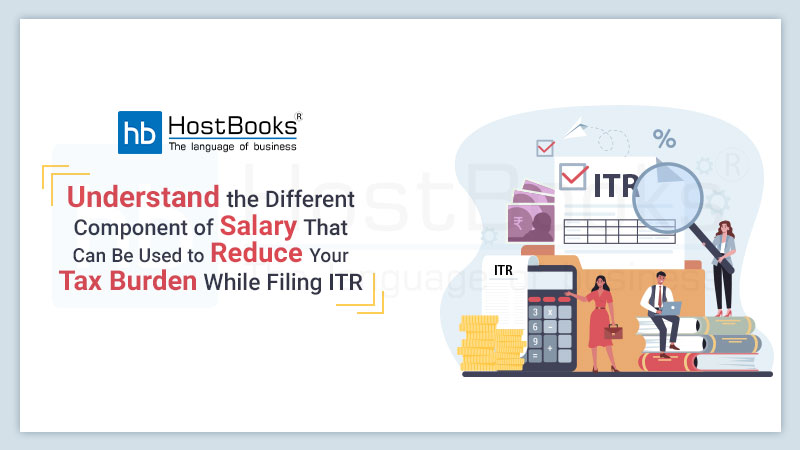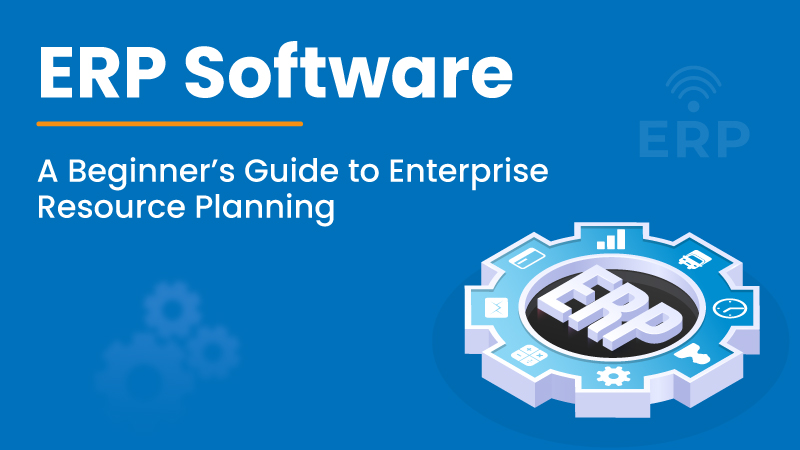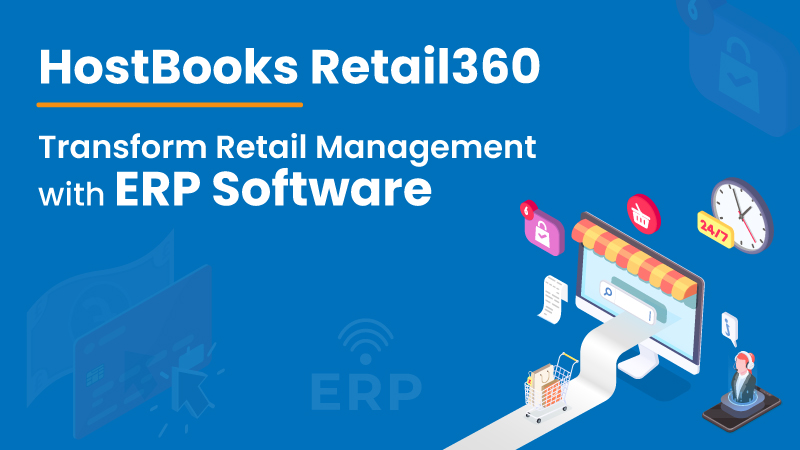Understand the Different Component of Salary That Can Be Used to Reduce Your Tax Burden While Filing ITR

There are various components available in your salary and summing up all, you get net salary after all deductions. If you are a salaried individual coming under income tax slab, it’s good to understand the different components of salary as each component has its own significance that can be used to reduce your tax burden. So, let’s know about them in brief. Salary to partners is also considered as income from salary under income tax act.
House Rent Allowance
If House Rent Allowance is one of the components of your salary, you can claim tax exemption u/s 10(13A). Indeed, HRA is the most common component of Cost to Company (CTC). Taxpayers residing in a rented house at their work location can avail of tax exemption at HRA given by their employer.
Suggested Read: How to Calculate HRA in Salary
So, even if you are working full time from home and have a rented house at your workplace, you can claim tax exemption. However, if you live in your own home where you are employed, the HRA component is fully taxable.
Conveyance Allowance
According to section 10(14) read with rule 2BB, a conveyance allowance is granted to the employees to meet their expenditures towards the performance of duties of an office. However, tax exemption on conveyance is only allowed to the extent of expenditure incurred for official purposes.
Children Education Allowance
If children’s education allowance is one component of your salary, then you are eligible to claim tax exemption under section 10(14). Children Education Allowance is exempted up to Rs. 100 per month or 1200 per annum per child up to a maximum of 2 children.
Leave Travel Concession (LTC)
LTC exemption is allowed under section 10(5) for 2 journeys in India in a block of 4 years. There are certain restrictions on LTC, e.g. if you are traveling by airplane, then tax exemption is applied to only economy class fares. This also applies to the shortest route and there is no discount available on hotel and local rental expenses.
Leave Encashment
Leave encashment is referred to the additional amount received in the exchange of approved leaves that are not availed by an employee. Encashment of accumulated leave can be availed by an employee at the end of the month, year, or at the time of leaving the job as per the company policy.
In many companies, there is an option to redeem an employee’s paid leave. Some companies allow this only on retirement or at the time of leaving the job. Leave encashment of a maximum of Rs 3 lakh can be claimed as exempted from tax.
LTC Cash Voucher Scheme
The Central Government has initiated LTC/LTA Cash Voucher Scheme wherein employees have been given the facility to claim discounts on certain types of purchases in the exchange of LTC/LTA. This Scheme was announced by the Central Government in a view of travel restriction amid the covid-19 pandemic. Any Government employees can avail of this scheme by purchasing GST services or goods which carry a at 12% or above from a registered person.
Employee Provident Fund
Employee’s contribution towards recognized provident fund is deductible under section 80C up to Rs. 1, 50,000. However, If Employees served continuously for five years or beyond in an organization and withdrawal amount from PF, then it is tax-free. From April 1, 2021, interest on the additional amount will be taxable if the contribution of the employee is more than 2.5 lakh rupees in a year.
Gratuity
An employee is entitled to a gratuity after five consecutive years of employment. As per Section 10 (10) of the Income Tax Act, 1961, an employee can get an exemption of up to 20 lakh rupees in the event of resignation, retirement, disablement, or death.
NPS
Employer’s contribution towards NPS is allowable as a deduction under section 80CCD (2) up to the specified limit. However, the employee’s contribution towards NPS is deductible under section 80CCD(1) up to Rs. 1,50,000 and apart from that, additional Rs. 50,000 is allowable under section 80CCD(1B) for employee’s contribution towards NPS. NPS can be one of the components of your salary that can be auto-debited and deposited to your NPS account.
Apart from the above components, some of the components of salary are fully taxable i.e. Basic Salary, D.A., Bonus, Telephone Allowance, Fixed Medical Allowance, etc.

Try HostBooks
SuperApp Today
Create a free account to get access and start
creating something amazing right now!
















